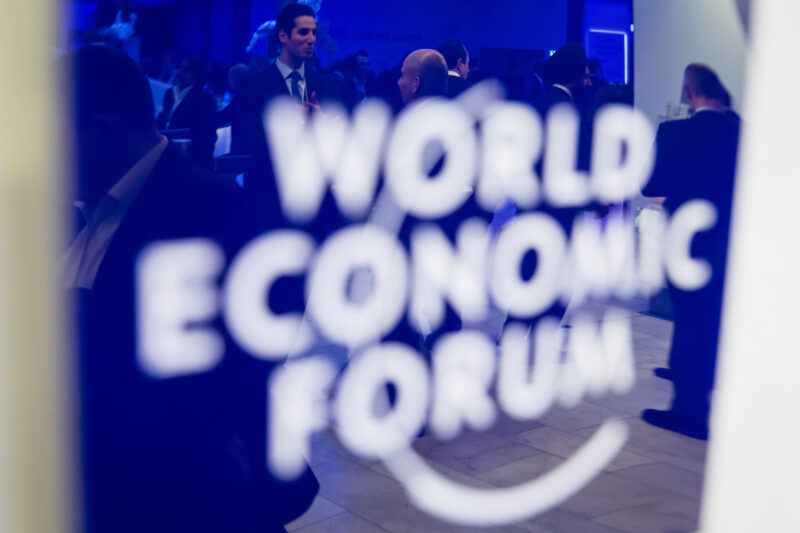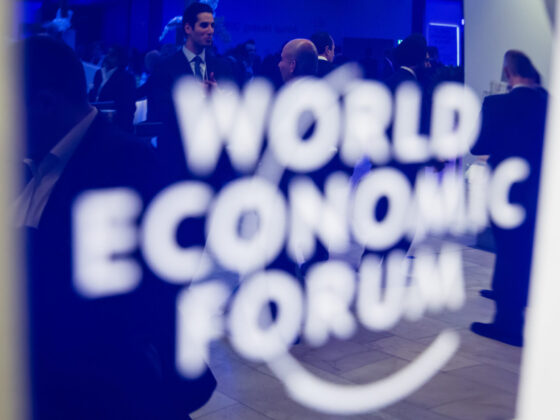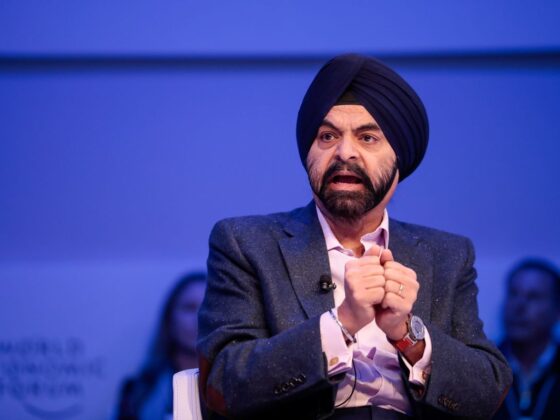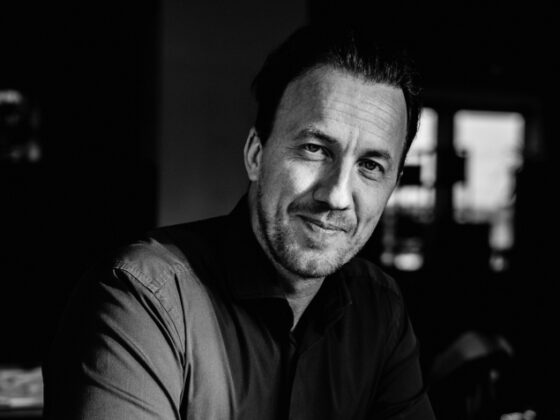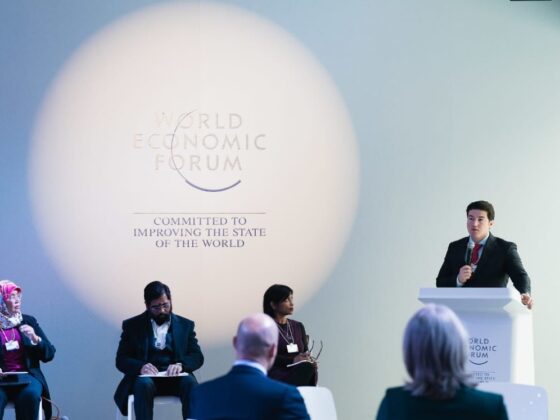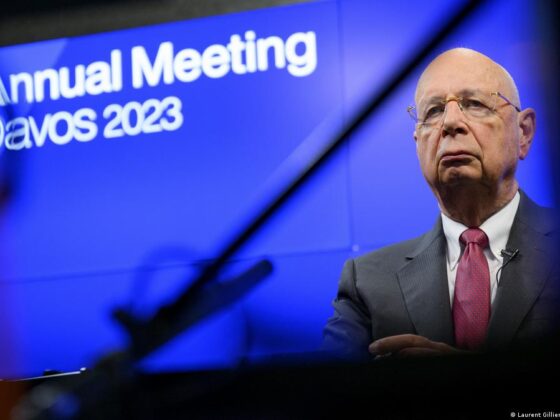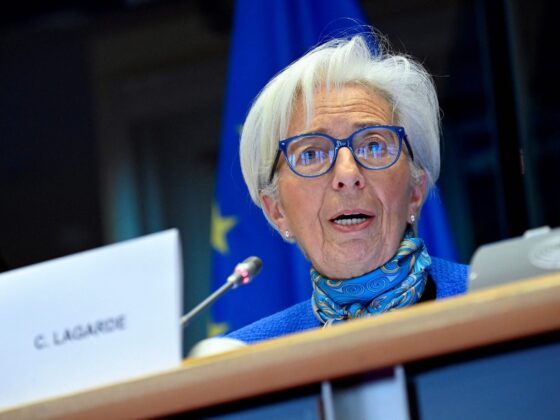By Lily
The issue of the 1% vs. the 99% remains at the forefront of the political agenda a decade after Occupy gave voice to popular outrage over increasing inequality globally. This may, however, take on some odd manifestations, such as when a group of multimillionaires convened in a posh ski resort in Davos, Switzerland in January 2015 and cited inequality as their primary issue. “We have too large a disparity in the world,” Klaus Schwab, executive chairman of the World Economic Forum (WEF), agreed with the Pope and Oxfam.
But there was one admission of guilt that the WEF didn’t want to make: that the presence of exclusive gatherings of the economically affluent and politically powerful, and the agenda they coordinate, is a major contributor to the current inequality of wealth. The disparity between the poor and the affluent in terms of their stakes in and influence over our political systems is shown most starkly in who gains from the global economy — and especially from global crises.
Perhaps more than any other event, Davos represents the consolidation of political power and global governance into the hands of a few of corporations over the past few decades. This ruling class has effectively taken control of not just the country’s economic and political systems, but also, more recently, of its cultural and social institutions. Davos is the ultimate networking event, bringing together the world’s economic, political, and cultural heavy hitters on an even playing field.
While Davos claims that they are very transparent, you can only watch their discussions and not take part in it, which renders the pseudo transparency worthless. Unless you are willing to pay a hefty annual sum to be a member of the Forum, only corporate leaders may network with prime ministers, prominent professors, and the occasional rock star over drinks and asparagus mousse, all while keeping the money rolling in.
According to the Daily Beast’s Daniel Gross, “About to go into top-secret meeting with powerful person. Will tell u all about it when I’m back in ny/dc #wef.” is the most probable tweet during Davos.
Generic davos status update: About to go into top-secret meeting with powerful person. Will tell u all about it when I'm back in ny/dc #wef
— Daniel Gross (@grossdm) January 26, 2012
This group of influential people is the nomadic, powerful, and interchangeable Davos Class. Some of them have substantial economic influence and possess substantial personal wealth. Others hold positions of administrative and political authority, which they use to further the interests of the economically powerful in return for personal gain. They share a common ideology that is usually called neoliberalism, based on freedom for financial innovation, no matter where it may lead, on privatization, deregulation, and unlimited growth; on the (supposedly) “free”, self-regulating market and free trade that gave birth to the casino economy. While only idiots would argue that a free market is something undesirable, neoliberalism has only been successful in enriching a small circle of crony capitalists, while leaving you in the dust.
Actually, the wealthiest people in the world are not the 1% as is often believed, but rather the 0.001%: The $16.3 trillion in wealth that is controlled by only 111,000 people is the equivalent of around 20% of the global economy. The world’s billionaires have done well even after the economic downturn. The wealth of the world’s billionaires increased by 11% in 2012, while household income in the EU and the US remained relatively flat or even declined in certain situations, and we all know that billionaire wealth increased by a whopping 62% in 2020, meaning that the entire Great Reset and everything surrounding it is merely the biggest money transfer in history that is siphoning away your assets and consolidating them in the hands of the afore mentioned 0.001%. According to Oxfam, the pandemic creates a new billionaire every 30 hours.
The rise of multinational firms is proportional to the expansion of the global economy. There are 37 major economies in the world that are now basically run by large companies. These days, modern-day empires like Walmart, Shell, Amazon, and the like are economically larger than Denmark, Israel, or Singapore. Mathematicians at Zurich Polytechnic Institute conducted a historical analysis of who owns these corporations and found an even larger concentration of economic power. Researchers looked at the economic worth of 43,000 enterprises and discovered that only 147 of them controlled 40% of the total. The vast majority of these organizations are financial institutions like banks and hedge funds. One of Deutsche Bank’s advisors, George Sugihara of La Jolla, California’s Scripps Institution of Oceanography, said, “It’s disturbing to discover how intertwined things truly are.“
By invading the state like a virus invades a host body, corporations have amassed enormous power. Corporations are profit-driven entities that have constantly worked to eliminate regulatory roadblocks that were in the way of their unchecked expansion. A Quiet Word: Lobbying, Crony Capitalism, and Broken Politics in Britain, published in 2014, details how corporations have mastered a variety of strategies, including well-resourced media relations work, funding think-tanks, and creating fake grassroots groups to influence government policy in their favor.
Corporations are also increasingly involved in staffing government, either directly through providing contractors and running previously public services, or indirectly through seconding employees. Politicians and businesspeople often use the revolving door, making it a well-oiled machine.
Since this virus has spread so widely and effectively, it is becoming more and more difficult to tell public officials apart from business executives. In the early 1980s, a group of roughly 50 of Europe’s top firms began to work together to shape EU policy and foster the establishment of a competitive (read: deregulated or re-regulated in their favor) ‘internal market.’
One high-ranking European Round Table of Industrialists (ERT) official claimed in 1993 that the organization’s work and that of the EU were “essentially done in parallel… we saw their drafts, and they saw ours.” A high-ranking EU Commission official who is a friend of mine told me, “There is basically no difference between them.”
More recently, European governments and the European Commission have zealously applied ERT’s demands for ‘fiscal consolidation,’ or austerity for ordinary people but not for publicly bailed-out corporations, with terrible social costs. The average Greek family is roughly 70% poorer now than it was in 2008, after several years of EU austerity programs, with countries like Portugal, Spain, and Malta following close suit. One in three children is now living impoverished, and the number of people losing their houses has increased dramatically. Ironically, the ERT claims to ‘drive prosperity in Europe’ on their website.
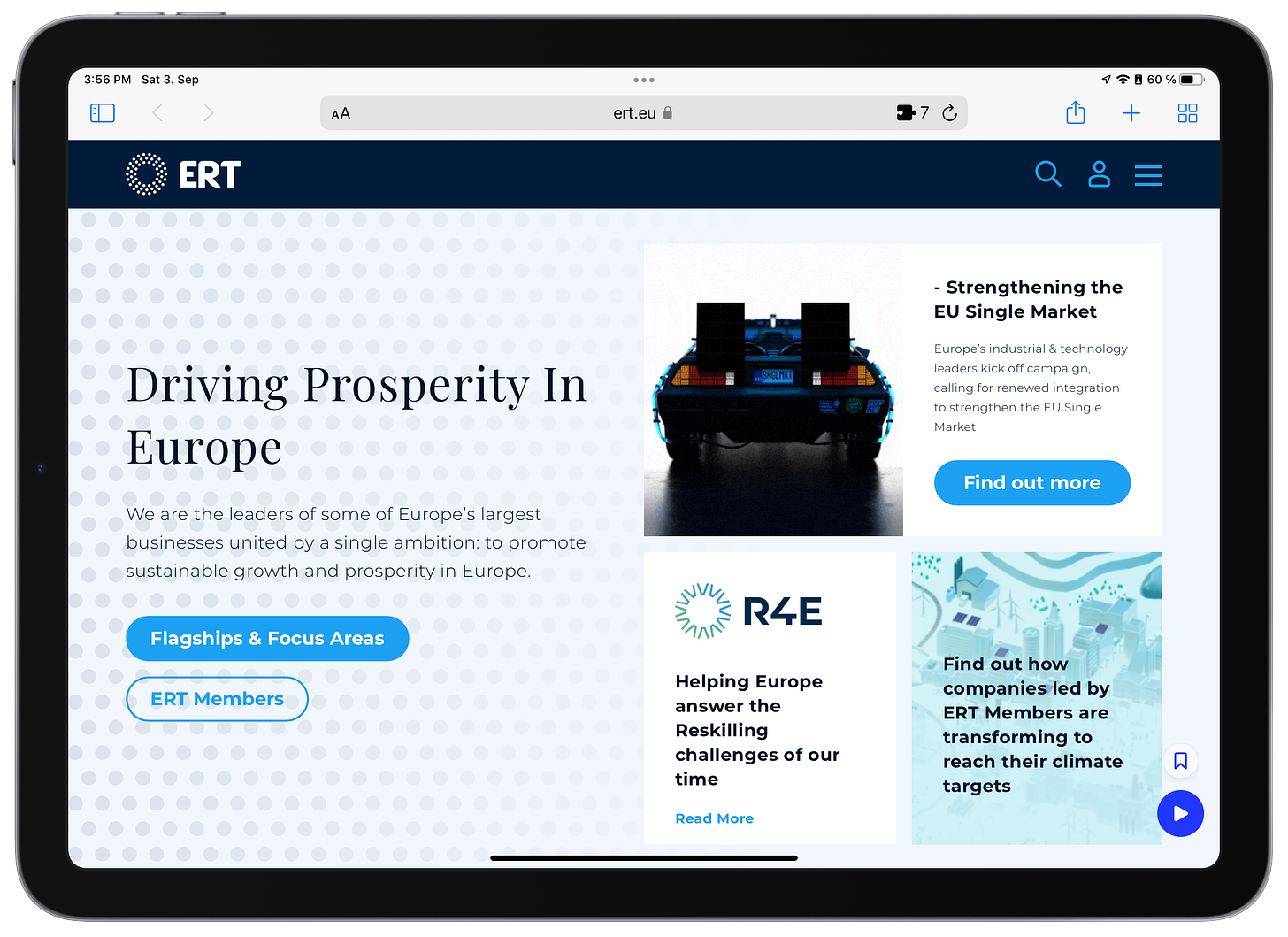
With each passing day, the corporatocracy makes new efforts to insert itself into international politics. One promoted strategy has been “multi-stakeholderism,” or the belief that policies fare best when they are established via collaboration between many interested parties (such as governments, businesses, and individuals). To bring decision-making ‘closer to the citizen,’ and hence more democratic, legitimate, and responsible, this has been extensively accepted by various civil society organizations.
Oftentimes, this strategy is paired with advocacy for the concept of “corporate social responsibility,” or CSR, which states that businesses need not be only motivated by financial gain and may instead function as “social actors” who bear responsibility for the consequences of their activities. This method has spawned several policy forums like the World Water Forum and the Global Knowledge Partnership, as well as multi-stakeholder corporate responsibility programs like the Forest Stewardship Council and the Extractive Industries Transparency Initiative.
Davos has long been a leader in promoting CSR and multi-stakeholderism. The World Economic Forum announced the Global Redesign Initiative (GRI) back in 2009, taking advantage of the global financial crisis to “stimulate a strategic thought process among all stakeholders on ways in which international institutions and arrangements might be adapted to modern problems.” Sounds familiar? Yes, it is the same playbook that they used with Covid-19. Maybe that is why most articles concerning the 2009 GRI summit have been deleted from their website.
In its final report, however, the WEF argues for a strategy of inclusive participation and corporate accountability at all levels of government. Volunteerism, standards of behavior, and soft law are preferred above binding international agreements, international frameworks, and enforced hard law in the WEF’s vision.
In Davos, the old, ponderous world of democratic demands channeled via governments has given way to a more sleek, fast-moving, corporate-led kind of governance. Since “governing today is no longer a matter for government alone,” as the WEF puts it, “governments’ essential ‘public functions’ have been redefined,” the goal is to “re-invent government as an instrument for the shared production of public value.” In other words, governments and individuals are reduced to interchangeable parts in a process motivated by financial gain.
Proponents of CSR and multi-stakeholder projects often point to more openness and greater collaboration with impacted groups as examples of their effectiveness. As a result of their preference for market-based solutions, multi-stakeholder approaches frequently wind up legitimizing exploitation by delaying regulatory action that may halt or prevent detrimental behaviors. They also tend to favor consensus-building civil society groups that are more likely to be well-funded, amenable to compromise, open to positive change, and to reject conflict-driven groups. Effective monitoring and evaluation of corporate commitments is difficult to analyze and regulate, since civil society is consistently outgunned by companies in terms of resources.
The political influence that economic giants currently have has imbalanced the playing field for any other participants, and neither CSR nor multi-stakeholder programs can avoid this fact. Davos meetings are a perfect example of this. Schwab loves to promote these meetings as a theoretical working model for the global governance that Davos intends to establish. It is easy to observe that the most notable corporate members of Davos have engaged in fraud, tax evasion, human rights violations, and environmental destruction without being barred from participating in Davos or gaining access to governments throughout the world.
Forums like Davos serve as a breeding ground for fresh efforts to expand corporate power. Davos is where the seed for the North American Free Trade Agreement (NAFTA) between the United States, Canada, and Mexico was planted. When looking back from a distance of almost 30 years, even its most ardent supporters find it difficult to claim that there have been many positive outcomes. The Mexican economy has suffered as a result, and the country has had high rates of violence and environmental degradation, as well as one of the continent’s lowest growth rates.
Corporate and political elites, unconcerned about the effects of their policies on people they’ll never meet, pushed for the completion of new trade treaties in Davos in 2014, with the Transatlantic Trade and Investment Partnership (TTIP) at the forefront of their agenda. The proliferation of trade and investment agreements throughout the world has given rise to what would be described as an “infrastructure of impunity” for businesses and interconnected government officials that utilize such accords to challenge any authority for actions that hurt their profits.
They undermine government power to control their resources and development plans, and prohibit any meaningful regulation of businesses that can act with impunity.
Also in 2014, corporate speculators were suing Cyprus, Greece, and Spain for a combined total of at least $1.7 billion because of the actions these countries’ governments enacted in response to the crisis facilitated by these trade and investment treaties. Consequently, Spain had been allocating significant resources in 2013 to legal defense, while simultaneously slashing budgets for healthcare (by 22%) and education (by 18%).
At the end of the World Economic Forum in 2014, a lady was asked what happened to the issue of inequality, and she said, “It kind of disappeared.“
It must be difficult for the small elite who are accustomed to a particular way of life to focus on lives they will never experience or even see. There is a growing gap between the powerful and the powerless, and relying on the Davos elite and their forms of government is not the solution. Social movements that challenge corporate and elite authority and expand democracy at the grassroots, national, and international levels provide the greatest prospect for positive change.
Thankfully, voices within civil society are growing louder in their rejection of a corporate-led international governance system and support of legal requirements on multinational firms. Our movements must recognize their power in numbers and channel public knowledge and fury into political change if they are to succeed in the face of unparalleled corporate and elite dominance. The motto “power to the 99.9%” has never been more important.


